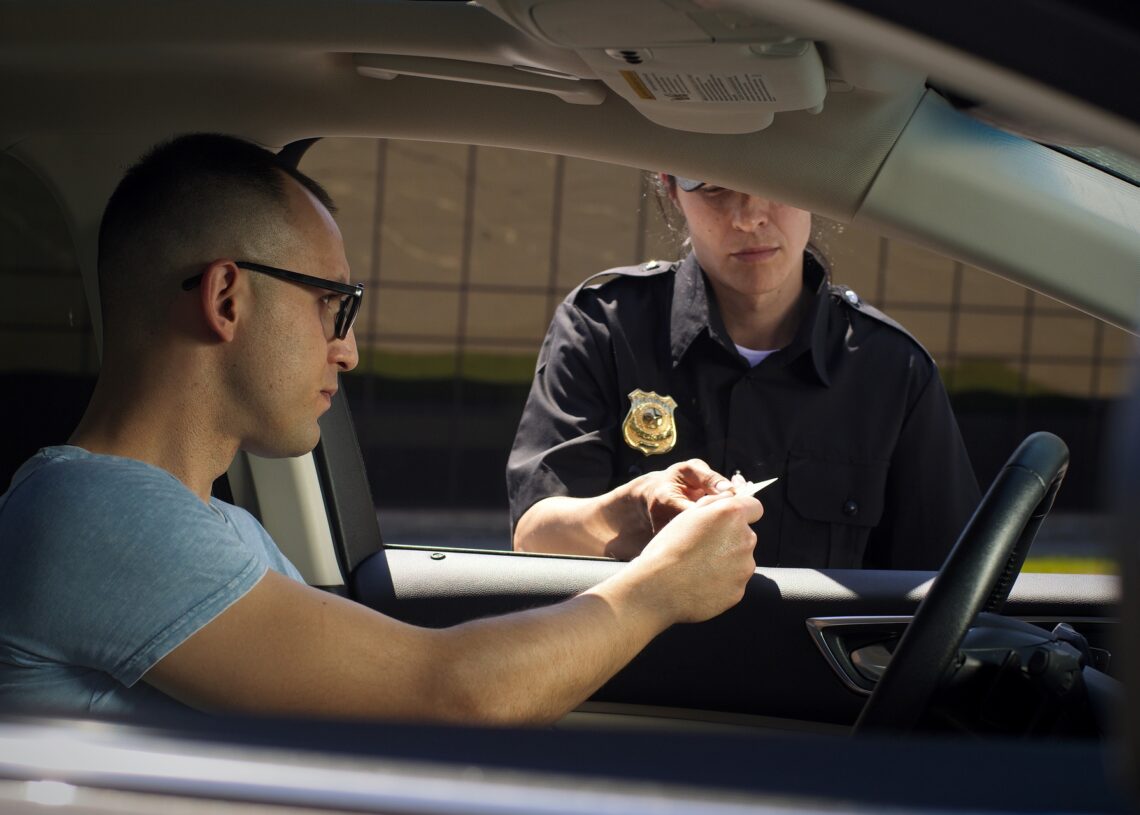Police encounters can happen to anyone at any time, and feeling nervous or anxious during these interactions is completely normal. Whether it’s a routine traffic stop, a neighborhood check, or being questioned as a witness, knowing how to manage your emotions and respond appropriately can make the process smoother. Learning tips for staying calm during police encounters helps protect your safety and also ensures the interaction goes well for everyone involved.
Know Your Rights
Understanding your constitutional rights is the first step to staying calm during any police interaction. When you know what you’re legally required to do and what you’re not, you’ll feel more confident and less likely to panic or make poor decisions.
You have the right to remain silent beyond providing basic identification when lawfully requested. You also have the right to refuse searches of your person, vehicle, or belongings unless the officer has a warrant or probable cause. You can ask whether you’re free to leave, and if law enforcement is detaining you, you have the right to know why.
Control Your Breathing and Body Language
Your physical response to stress can escalate a situation quickly, so learning to control your breathing and body language is essential. When adrenaline kicks in during a police encounter, your heart rate increases and breathing becomes shallow, which can make you appear nervous or suspicious even when you’ve done nothing wrong.
Practice deep, slow breathing to help your body calm down. Keep your hands visible at all times, avoid sudden movements, and maintain a respectful posture without appearing submissive or aggressive.
Handle Questions Thoughtfully
For basic identification requests during lawful stops, comply by providing your driver’s license, registration, and insurance if you’re driving. However, for more detailed questions about where you’re going, where you’ve been, or what you’re doing, you can politely say, “I prefer to exercise my right to remain silent.”
When it comes to handling police questions about immigration status, you have the right to speak with an attorney before answering, and you should clearly state this preference if such questions arise.
Stay Focused on De-Escalation
Every action you take during a police encounter should aim to keep the situation calm and professional. De-escalation isn’t about being submissive; it’s about being smart and strategic to ensure everyone’s safety.
Avoid arguing about whether the stop or questioning is justified, even if you believe you’re in the right. Save those discussions for later with an attorney if necessary. Instead, focus on being cooperative within the bounds of your rights. You can comply with lawful orders while still protecting yourself legally.
Build That Confidence
Remember that these tips for staying calm during police encounters are simply tools; preparedness is a skill that improves with knowledge and practice. Take time to educate yourself, share this information with people you care about, and consider consulting with a local attorney who can provide specific guidance based on your state’s laws and your particular circumstances. The more prepared you are, the more likely these encounters will end positively for everyone involved.



















































































